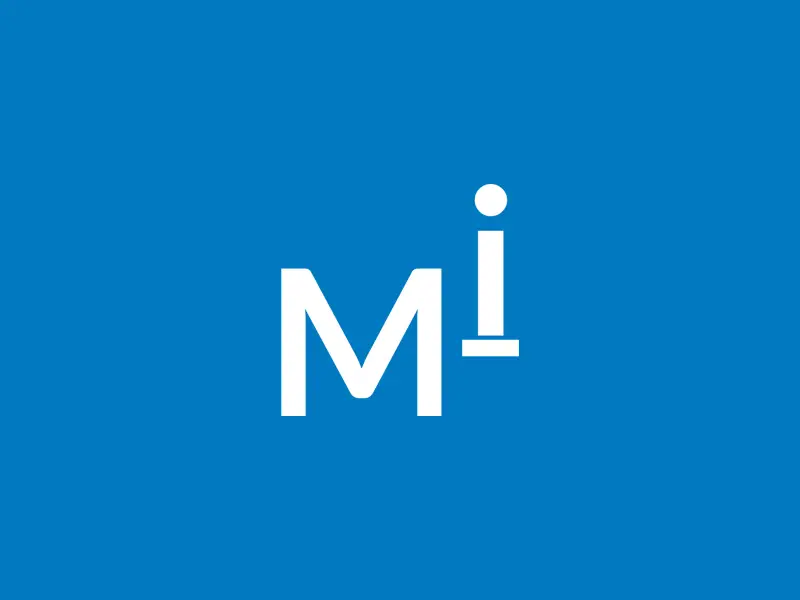The Boulder Fund grant will allow Mass Insight to pilot a new program targeting middle school readiness. May. 22, 2025 –Boston– Mass Insight Education & Research’s President and CEO, Andrea Wolfe, has been selected in the 2025 cohort of Education Leaders of...
Dr. Susan F. Lusi testifies in favor of bills H.555 and H.3632
Our President and CEO Dr. Susan F. Lusi testified this morning in favor of H.555 and H.3632 to enable the establishment of Innovation Partnership Zones. Her full testimony is below.
Testimony by Dr. Susan F. Lusi, President and CEO, Mass Insight Education & Research
H.555 An Act Relative to Establishing Flexibilities of School Districts
and H.3632 An Act to Enable the Establishment of Innovation Partnership Zones
Hearing of the Joint Committee of Education, Massachusetts General Court
May 31, 2019
As Prepared for Delivery
Chairwoman Peisch and Chairman Lewis, members of the committee, thank you for the opportunity to testify today. For the record, my name is Susan F. Lusi and I am the president & CEO of Mass Insight Education & Research. I am here today to testify in favor of both H.555 and H.3632.
Founded in 1997, Mass Insight is an independent national nonprofit organization dedicated to changing lives and changing schools. Our mission is to provide leadership in closing achievement and opportunity gaps for underserved students to drive college and career success by focusing on system transformation and student academic success. Many of you know us through our work with high schools across Massachusetts to expand and diversify enrollment in Advanced Placement STEM & English courses, work that has helped Massachusetts lead the nation in AP success. But Mass Insight also works in school districts across the country on design-based strategies to improve schools, including helping to establish partnership zones in school districts in Colorado, Indiana, and Texas. In fact, it was our 2007 report The Turnaround Challenge—called by the then U.S. secretary of education Arnie Duncan the “bible of school turnaround”—that helped to launch partnership zone initiatives across the nation.
With the legislature currently considering a significant increase in our investment in public education, an investment we all agree is needed so that schools have the resources they need to educate an increasingly diverse student body, H.555 and H.3632 provide a timely new school improvement option by expanding the flexibilities that help schools innovate and students learn.
At Mass Insight, we believe that getting conditions right is crucial to efforts to improve schools. By conditions we mean the additional learning time for students; time for teachers to collaborate; flexibility in scheduling students and grouping and regrouping students throughout the year; flexibility in staffing – both hiring and exiting, and also in the types of positions created in a staffing structure; flexibility in programming; and flexibility in how dollars are allocated – all with an eye toward putting student needs first. As we continue to hold school districts accountable for results, we should also consider ways in which school districts can change conditions to raise their performance.
H.555 and H.3632 establish a process that allows school districts or the commissioner to create Partnership Zones and, through a fair and transparent process as proposed in the legislation with several checks and balances, for school districts or the commissioner to change the conditions that schools operate under. Neither bill proposes a one size fits all solution to improve schools. Rather the bills encourage, through a process of community engagement, including in H.3632 a so-called parent trigger, a process for developing the purpose and goals of a zone, working through a memorandum of understanding to establish the management and operation of the zone, and any changes to collective bargaining agreements that might be necessary to respond to local conditions, including a process for resolving disputes over amendments to the local CBA.
Although certain conditions may make it necessary to grant an independent board of directors the authority to manage and operate a set of schools in a zone as is called for in these bills, our experience in other states is that school committees, working closely with the community, teachers, superintendent, and the state education agency, can operate and manage zones well, especially when the zone is able to get the conditions right for improvement. In our opinion, it is less about the type of governance, and more about changing conditions that put students first.
To share just one example from Mass Insight’s recent work, since 2015 we have partnered with the school district in Aurora, CO on the development and implementation of a district-led Transformation Zone to help turn around the lowest performing high school in Colorado and improve four neighborhood feeder schools. By working closely with district leaders, teachers, members of the community, and state officials to create a zone under Colorado’s innovation school law, we were able to help Aurora to address the root causes of low performances in the five schools, change the conditions holding schools back, provide more targeted support from the district, and adopt greater local control. Aurora’s Central High school has moved out of the state’s lowest accountability category and four of the five schools have seen gains in student achievement. I have included a copy of our Aurora case study in my testimony for your review.
Finally, I wanted to very briefly mention work we are doing here in Boston with the community-based Grove Hall Alliance (GHA) as an example of how school innovation can develop more organically. Community and five school leaders in the Grove Hall neighborhood are developing a grass-roots strategy designed to provide neighborhood students with a K-12 pathway of high performing schools. This is exciting work that is still in the incubation stage. But it has great potential as a school improvement model and I have attached a recent Boston Globe editorial about this project to my testimony.
Thank you for the opportunity to testify in favor of H.555 and H.3632. I would be happy to answer any questions you may have and to work with the Committee and Secretary Peyser on advancing this legislation.

Recent Posts
Cybersecurity Event Introduces Students to Cyber Careers
For the 5th year in a row, Mass Insight Education & Research is hosting the Cybersecurity and You Workshop to introduce Advanced Placement® (AP) STEM high school students to cybersecurity scenarios and concepts as well as postsecondary education and career paths....
Adolescent Literacy Crisis: IES Guide In Action – Webinar
What does the evidence say about how schools can improve the adolescent literacy crisis happening in our country? In this webinar, we explore the Institute of Education Sciences Reading Intervention Guide for Grades 4 through 9, found here, and diving into two of the...
You may also like
President and CEO of Mass Insight Named 2025 Boulder Fund Recipient by Education Leaders of Color
The Boulder Fund grant will allow Mass Insight to pilot a new program targeting middle school readiness. May. 22, 2025 –Boston– Mass Insight Education & Research’s President and CEO, Andrea Wolfe, has been selected in the 2025 cohort of Education Leaders of...
Cybersecurity Event Introduces Students to Cyber Careers
For the 5th year in a row, Mass Insight Education & Research is hosting the Cybersecurity and You Workshop to introduce Advanced Placement® (AP) STEM high school students to cybersecurity scenarios and concepts as well as postsecondary education and career paths....
All Over The Map – Webinar
When it comes to the courses high schoolers across the Commonwealth are required to complete for their diplomas, Massachusetts sets few requirements and collects no school level data. Instead, each high school makes their own determination about the courses required...


